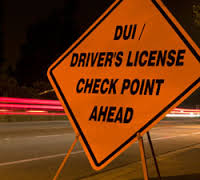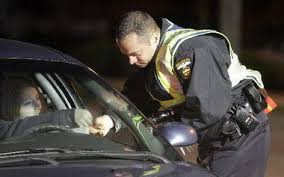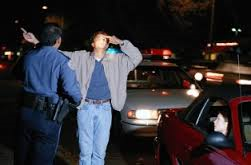
Reasonable Mistake of Law Exception to the 4th Amendment
The United States Supreme Court decided the case of Heinen v. North Carolina on December 15, 2014. The holding of the case is that the Fourth Amendment is not violated when a police officer makes a traffic stop(seizure) upon a reasonable, but mistaken, belief that a law has been violated. The standard set forth by the Supreme Court is whether it is “objectively reasonable for an officer in [the searching officer’s] position to think that the conduct violated the law.”
The Supreme Court decision focuses on the text of the statute itself. It is likely that the application of the Heien exception will be extremely rare and only applicable when the text of the statute is ambiguous, complex or novel.
However, we are not without guidance as there is already case law from North Carolina applying the Heien decision rendered by the North Carolina Supreme Court to a pending state court matter. The case is State of North Carolina v. Rudolph Coleman. I argued the Coleman motion to suppress in District Court and it was denied. Jane Weatherly and I were members of the same PLLC. She argued the Coleman motion to suppress in Superior Court and it was denied. The Coleman case was reversed by the North Carolina Court of Appeal. The Court of Appeal specifically addressed the Heien decision in its opinion and detailed why the Heinen exception does not apply. Much like the United States Supreme Court ruling, the Court of Appeal focused on the statutory language and compared the difference between the tail light statute and the open container statute. The North Carolina Court of Appeal ruled that the open container statute was clear, unambiguous and that the officer’s lack of knowledge did not make it “reasonable” in light of the Heien decision.
The Coleman decision may be the only case at this point in time which can provide some clarification as to the application of the Heinen exception. The relevant analysis can be found on pages 7 through 11 of the appellate decision below.
[gview file=”https://yourfloridacriminalattorney.com/wp-content/uploads/2014/12/State-of-NC-vs-Rudolph-Coleman.pdf” save=”1″]
For additional information, please contact
The Law Offices of Michael A. Dye, PA, 1 East Broward Boulevard #700, Fort Lauderdale, FL 33301 (954)990-0525 or
The Law Offices of Michael A. Dye, PA, 2 S Biscayne Blvd, Miami, FL 33131 (305)459-3286
or
The Law Offices of Jane L. Weatherly, Attorney at Law, PLLC, 5 West Hargett Street, Raleigh, NC 27601 (919)615-3408




